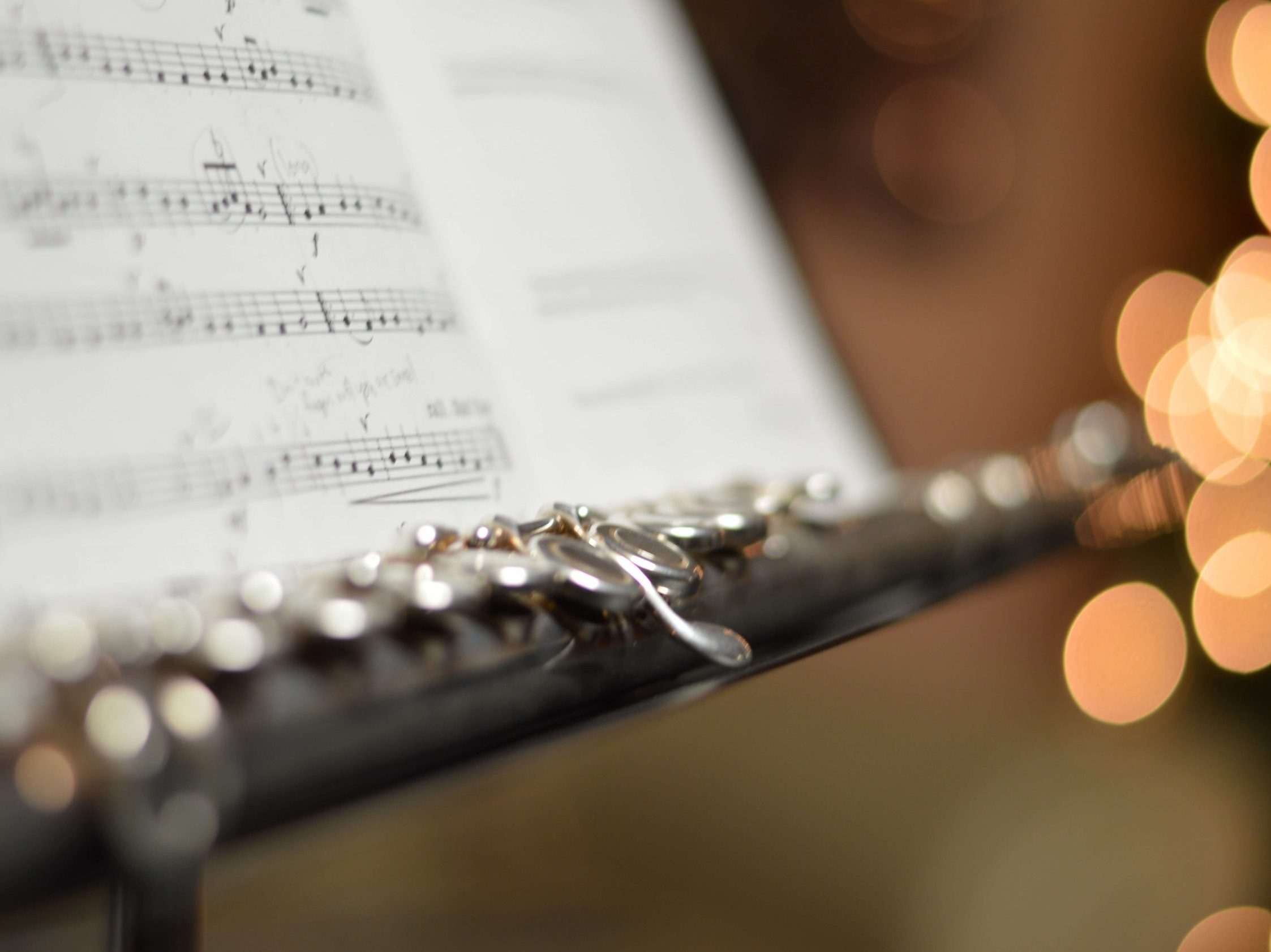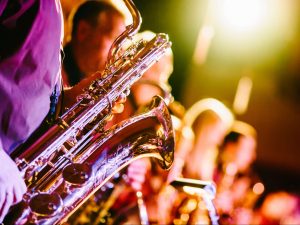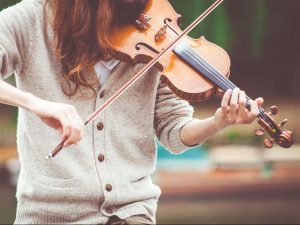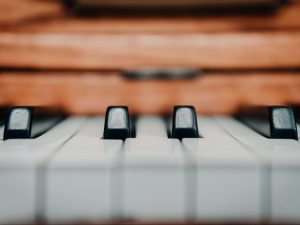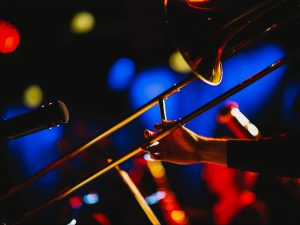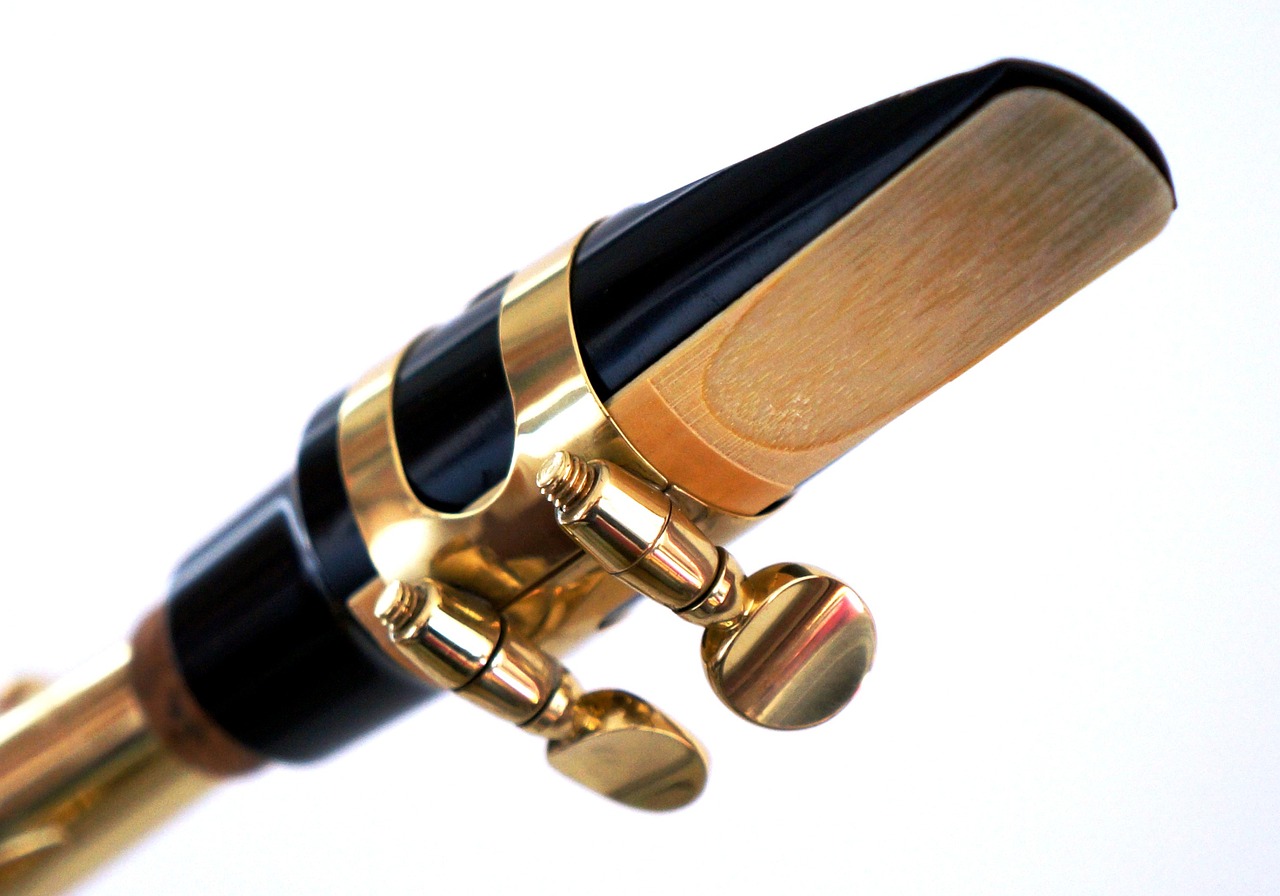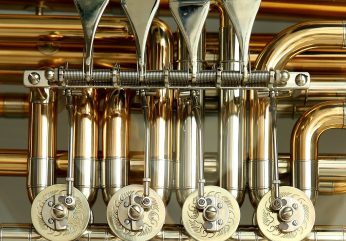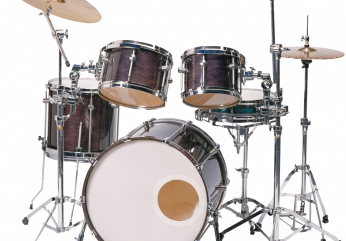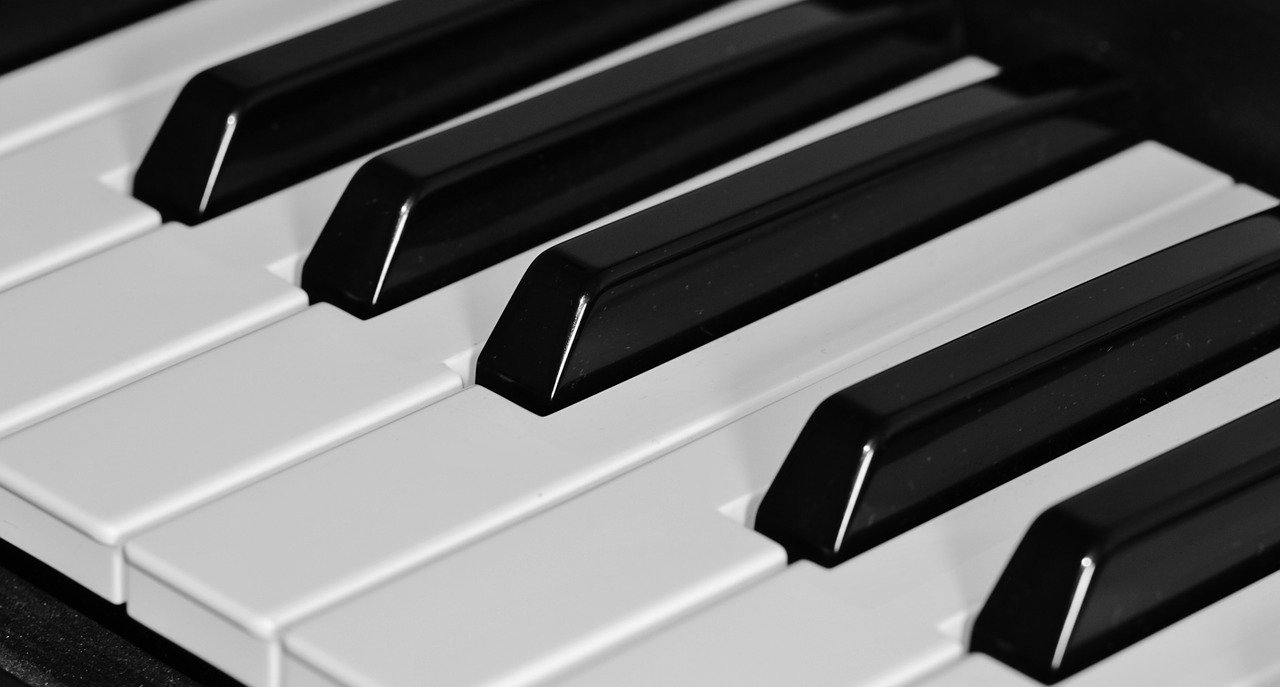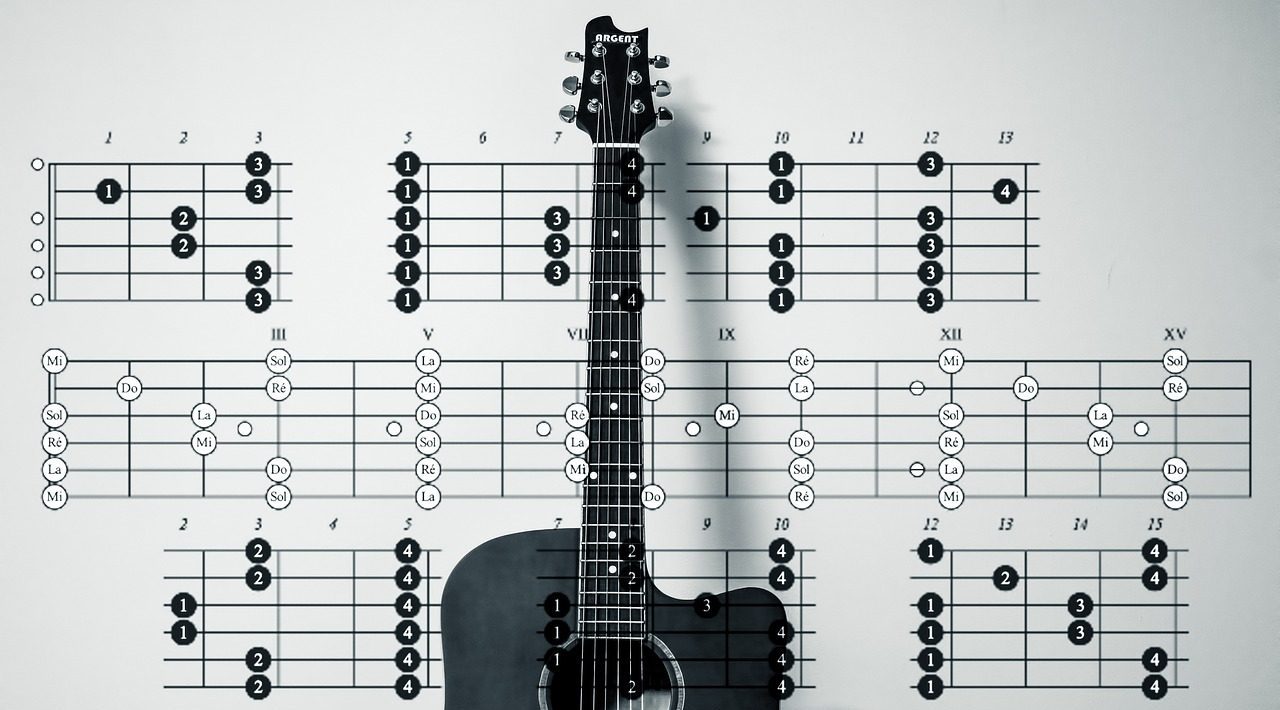Find the Best Instruments
LASTEST INSTRUMENTS REVIEWS

Top 10 Best Banjos under $600 in 2021
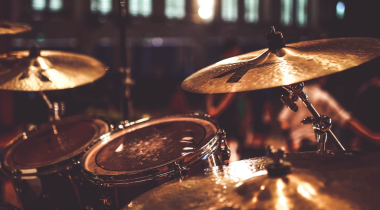
Best Budget Cymbal Packs in 2021
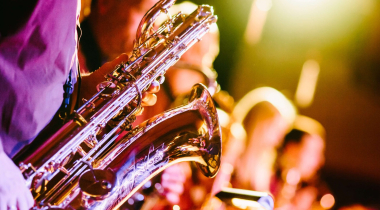
The 7 Best & Affordable Saxophone Reviews of 2021
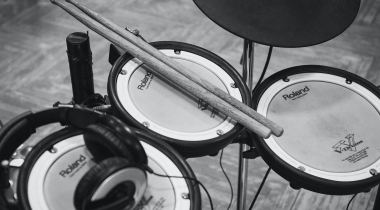
The 10 Best Electronic Drum Sets in 2021
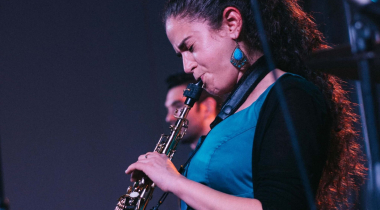
Best Soprano Saxophones in 2021
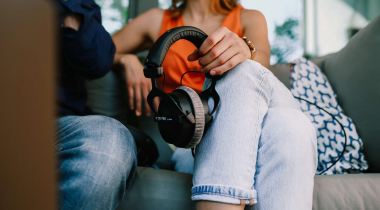
Headphone Deals: Best Headphone Offers in 2021
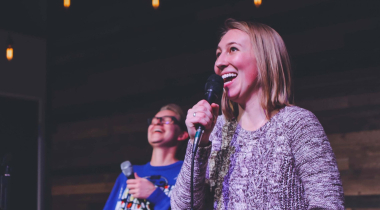
Best Karaoke Machines for Kids and Adults 2021
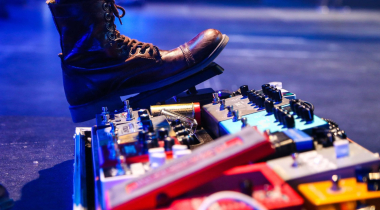
Best Guitar Distortion and Multi-Effects Pedals
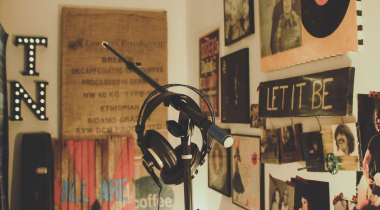
10 Perfect Gifts for Music Lovers in 2021
FREQUENTLY ASKED QUESTIONS
What’s the best way to improve my technique?
In order to achieve your musical goals and improve little by little, we recommend you to first of all to find your own place to practice, where you can concentrate. Start with a warm-up to prepare yourself and focus on a small and realistic goal for each of your sessions.
Do not give up or ignore the difficulties and problems you may find: overcome them. Record your sessions to see your progress. Practice makes perfect, so work it out with some patience and you will eventually see yourself mastering your instrument.
What’s the best way to teach yourself piano?
If you are willing to learn how to play the piano, find a decent keyboard to start. The next thing you should do is to familiarize with the tones and differentiate them. Find middle C among the keys: this is the starting point to place the rest of notes.
Search for some resources and find instructional books and guides so you can learn finger placement: it is very important to play the notes with the correct fingers so you won’t have trouble playing scales next. Start with easy songs and move on once you master them.
Finally, practice, practice, and practice. The more, the better.
How do you blow into a saxophone mouthpiece?
Playing a saxophone may look easy, but producing a note needs some technique. Here are some tips on how to blow correctly your saxophone:
- Sit up in a straight position and place the saxophone to one side of your body. Place your top teeth over the mouthpiece so the reed can rest on the lower lip.
- Try tightening the muscles around your mouth, but not your bottom lip.
- Starting breathing out fully from your diaphragm. Make sure you inhale through the nose and exhale through your mouth.
How long does it take to learn an instrument?
The amount of time you need to invest in playing any instrument will depend on many factors, such us the instrument, the pieces of music you want to learn, and your general objectives.
Do you want to play at home to switch of from work or to join a band? Do you want to learn classical music pieces or some chords from more popular songs? First, it is very important that you set realistic goals and go for them. You should start seeing some progress in the first weeks, but do not forget that you never stop learning when it comes to music.
Buying second-hand? Here are some tips
You may not want to spend a lot of money in a brand new guitar or keyboard until you see some progress. Buying a second-hand instrument can be an affordable option while you fall in love with its sound, but here are some tips you need to consider:
- – Play the instrument: you may not know how yet, but you should at least try it to hear how it sounds.
- – Check the surface and body of the instrument and other accessories: look for scratches or cracks that may require reparation. Bear in mind that some things can be fixed, but some others may not.
- – Ask the owner everything you need/want to know: how was the instrument maintained, if it had any previous reparations or modifications… It is important to know the history of the instrument you are about to spend your money in.

